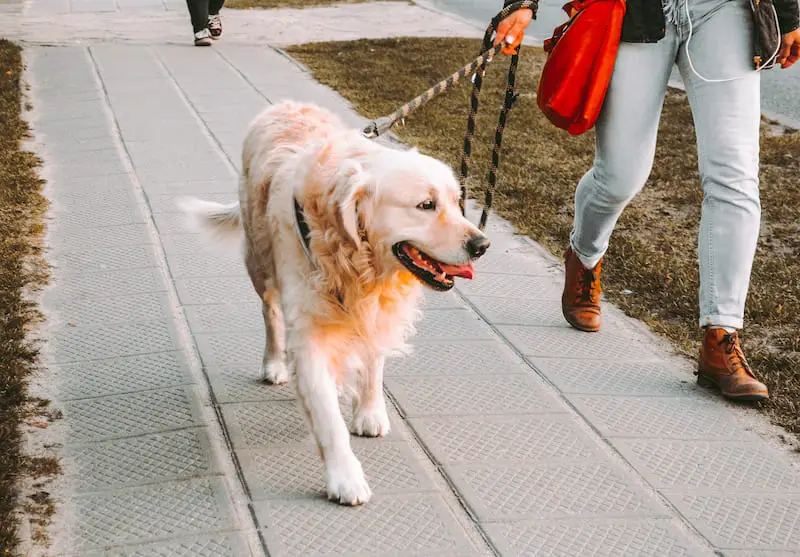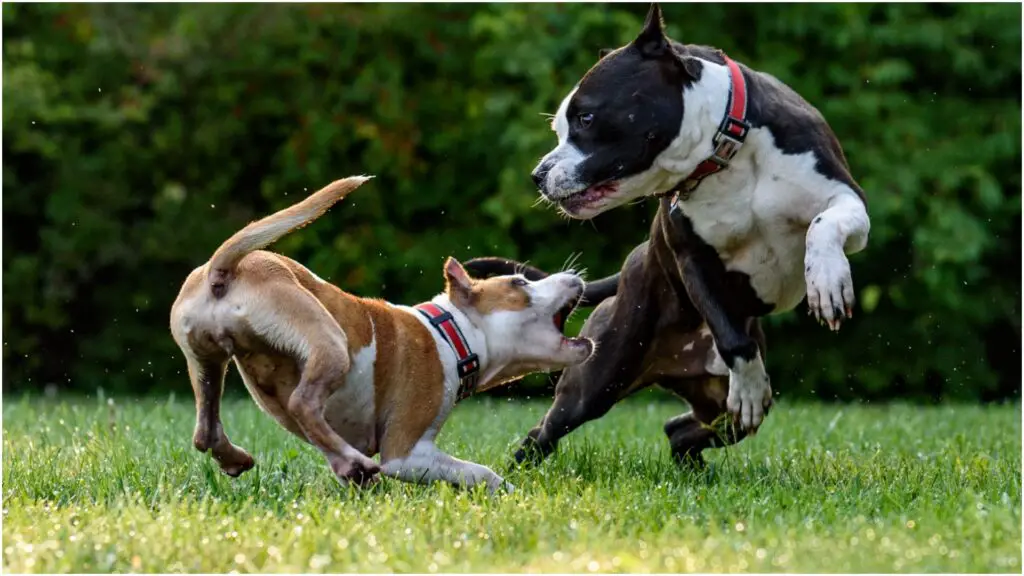What Causes Frequent Peeing?
Frequent urination can be caused by many different causes. Also, a sudden fear can cause peeing issues in dogs too. However, this is a behavioral issue.
Here are some common health issues that may cause your dog to urinate frequently:
- Diabetes
- Kidney failure
- Polyuria and Pollakiuria
- Liver disease
- Tumor
- Lack/Overproduction of steroid hormone production
- Hormonal disorders
- Age
- Electrolyte imbalance
- Medication side effects
- Psychological or behavioral problems
What To Do If Your Dog Is Frequently Peeing?
The key step to helping your dog is to determine the cause of the frequent peeing. From here, you can tackle the illness or behavioral problem. This should be done by a vet, of course, so if your dog is frequently urinating, make sure to get them a checkup, you should never diagnose or treat your dog by yourself.
If you suspect that frequent urination is a behavioral issue, not an underlying illness, the best way to tackle the problem is through proper training. Relaxation exercises may also help to teach your dog to manage frequent urination if it is due to them being scared or excited.
Panic attacks can cause frequent urination in dogs, so if you suspect that this is the cause, you should take your dog to the veterinarian. The vet will know the best medicine or exercises for your dog.
There are also some signs that there is something wrong. If you see any discomfort while peeing, a strange urine color (red or dark), or sudden and frequent urination make sure you consult a medical opinion. Ignoring signs that something is wrong can lead to less recovery, so take any issue seriously. The longer your pup is unattended, the longer they will suffer – comfort is always vital to take them for bathroom breaks often.
To prevent any trips to the vets, plan your days with your dog’s needs in mind. If you are away for an extended period, call a friend or family member to let your dog out a few times throughout the day. Remember that this is especially important for younger dogs. Even if your dog is trained they will still need to go throughout the day.
How To Deal With An Accident
The last thing any owner wants is a urine-stained carpet or sofa, however, if this issue occurs a good quality dog urine remover is the best solution. Training is the best solution for accidents, but when these pesky moments happen to have a urine remover on hand will be the next best thing!









